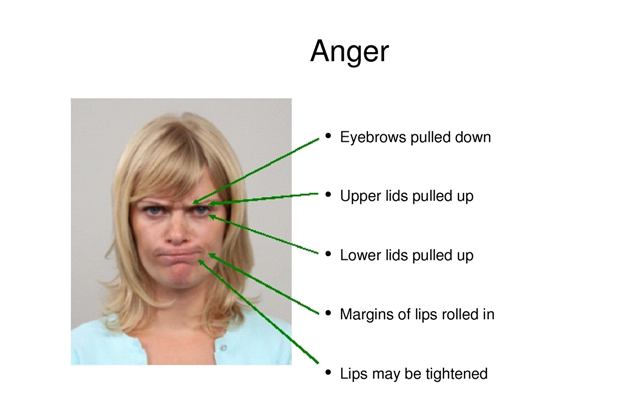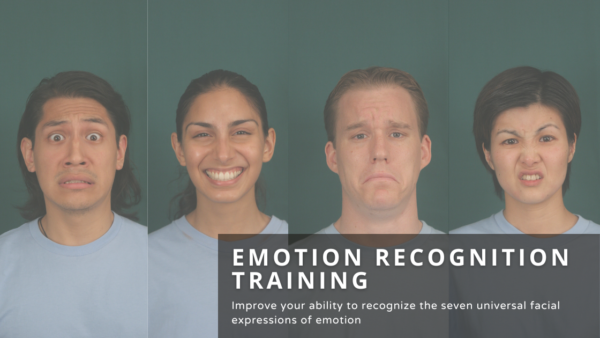 When we think about potentially destructive emotions, we often think about anger issues. And for good reason; anger is probably the most common emotion that leads to feelings of regret later.
When we think about potentially destructive emotions, we often think about anger issues. And for good reason; anger is probably the most common emotion that leads to feelings of regret later.
For tips on anger management, click here.
Dr. Matsumoto doesn’t believe anger is inherently a “bad” emotion. Getting angry can result in some good in our lives and in society. Anger, and all other basic emotions, exist for a reason.
In fact, according to new research by Heather Lench et al, anger has benefits for attaining goals.
Their study entitled Anger Has Benefits for Attaining Goals was recently published in Journal of Personality and Social Psychology.
Is Anger Good for Health?
Lench and her team of researchers conducted a series of 6 different anger studies involving more than 1,000 participants and analyzed survey data from more than 1,400 respondents.
In each experiment, researchers elicited either an emotional response (such as anger, amusement, desire or sadness) or a neutral emotional state, and then presented participants with a challenging goal.
Participants were then asked to perform various tasks such as solves a series of word puzzles or attain high scores on a skiing video game.
Anger Study Results
 Across all the experiments, anger improved people’s ability to reach their goals compared with a neutral condition in a variety of challenging situations.
Across all the experiments, anger improved people’s ability to reach their goals compared with a neutral condition in a variety of challenging situations.
Here is a summary of the 6 study results taken from the article’s abstract:
- Anger resulted in more difficult puzzles solved correctly.
- Anger increased cheating rates and numbers of unearned prizes.
- With a goal to do well in a video game, Anger increased scores on a game with challenges to be avoided, but not other scores.
- In two studies, examining the consequences of anger in response to the challenging task that was the focus of that anger, anger decreased reaction time with goals to win trials.
- Anger also predicted making the effort to vote in two contentious elections.
- With a goal to protect financial resources, anger increased action taken to prevent loss compared to a physiological arousal condition.
Anger Implications
The functionalist theory of emotion, which has been studied for decades, suggests that all emotions, good or bad, are reactions to events within a person’s environment and serve the purpose of alerting that person to important situations that require actions.
Each emotion may call for a different response. For example, sadness may indicate that a person needs to seek help or emotional support, while anger may suggest they need to take action to overcome an obstacle.
“People often believe that a state of happiness is ideal, and the majority of people consider the pursuit of happiness a major life goal,” said lead author Heather Lench, Ph.D., a professor in the department of psychological and brain sciences at Texas A&M University.
“The view that positive emotion is ideal for mental health and well-being has been prominent in lay and psychological accounts of emotion, but previous research suggests that a mix of emotions, including negative emotions like anger, result in the best outcomes.”
“These findings demonstrate that anger increases effort toward attaining a desired goal, frequently resulting in greater success,” said Lench.
Appraisal Theories of Emotion

Indeed, most emotion scientists (including Humintell Director Dr. Matsumoto) believe that emotions are triggered by how we evaluate events.
These events include not only what happens around us, but also thoughts and feelings in our heads, because those thoughts and feelings can themselves trigger emotions.
This evaluation process is known as appraisal, and over the decades there have been tons of research that have led to many different appraisal theories of emotion.
Although there are differences among them, these theories generally state that there are different emotions are triggered (or elicited) by different ways we appraise or evaluate events, and that different emotions are triggered by different appraisals.
We’ve written about this extensively in a past blog entitled “What Triggers Emotions in Humans?”
The results of this study make perfect sense as the universal, psychological theme that triggers anger all around the world is goal obstruction.
That is, anger is the emotion that is triggered when our goals are blocked or obstructed.
When our goals are blocked, anger helps prepare our bodies to fight in order to removal those obstacles. This may perhaps explain why participants performed better on certain tasks when this emotion was elicited.
Want to improve your ability to detect anger as well as the other basic emotions?
Take a look at our best-selling emotion recognition training program, MiX Enhanced!
